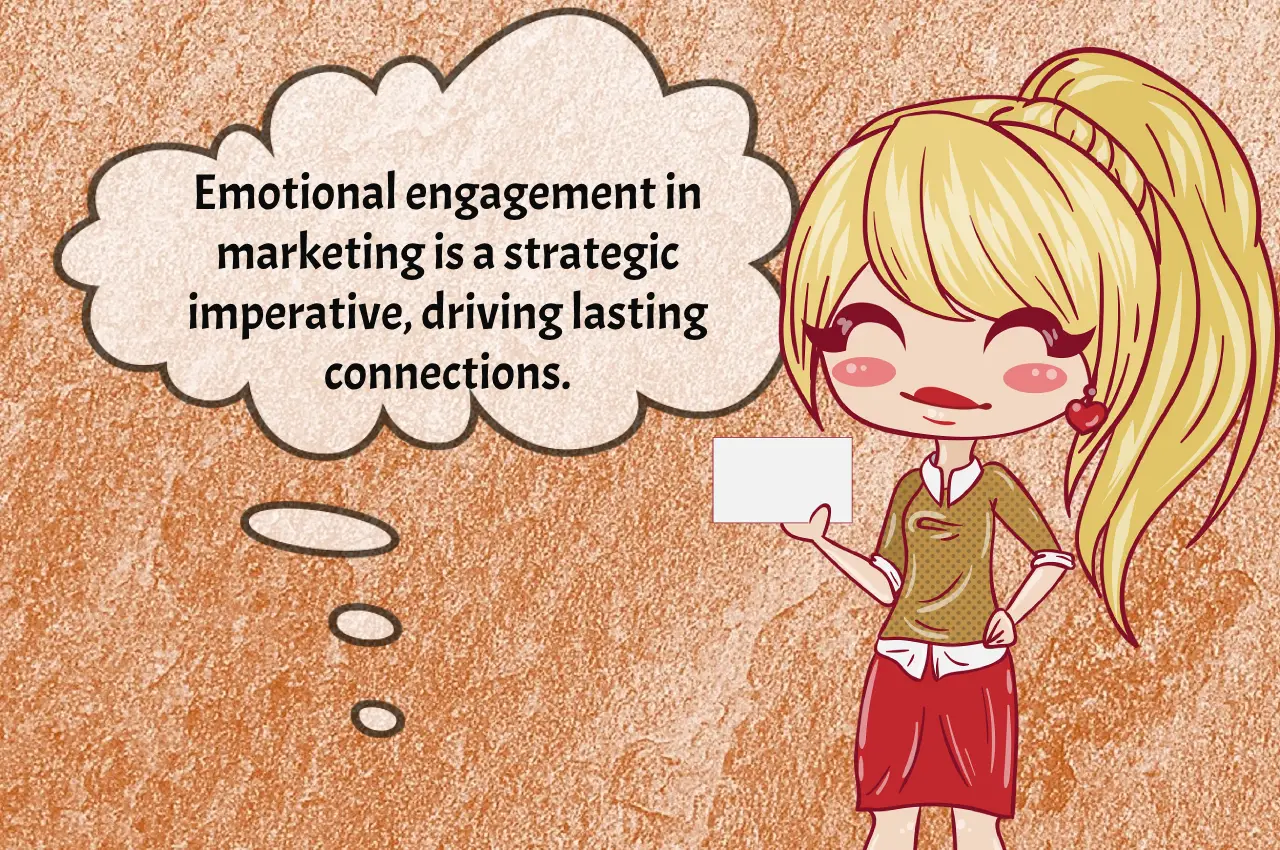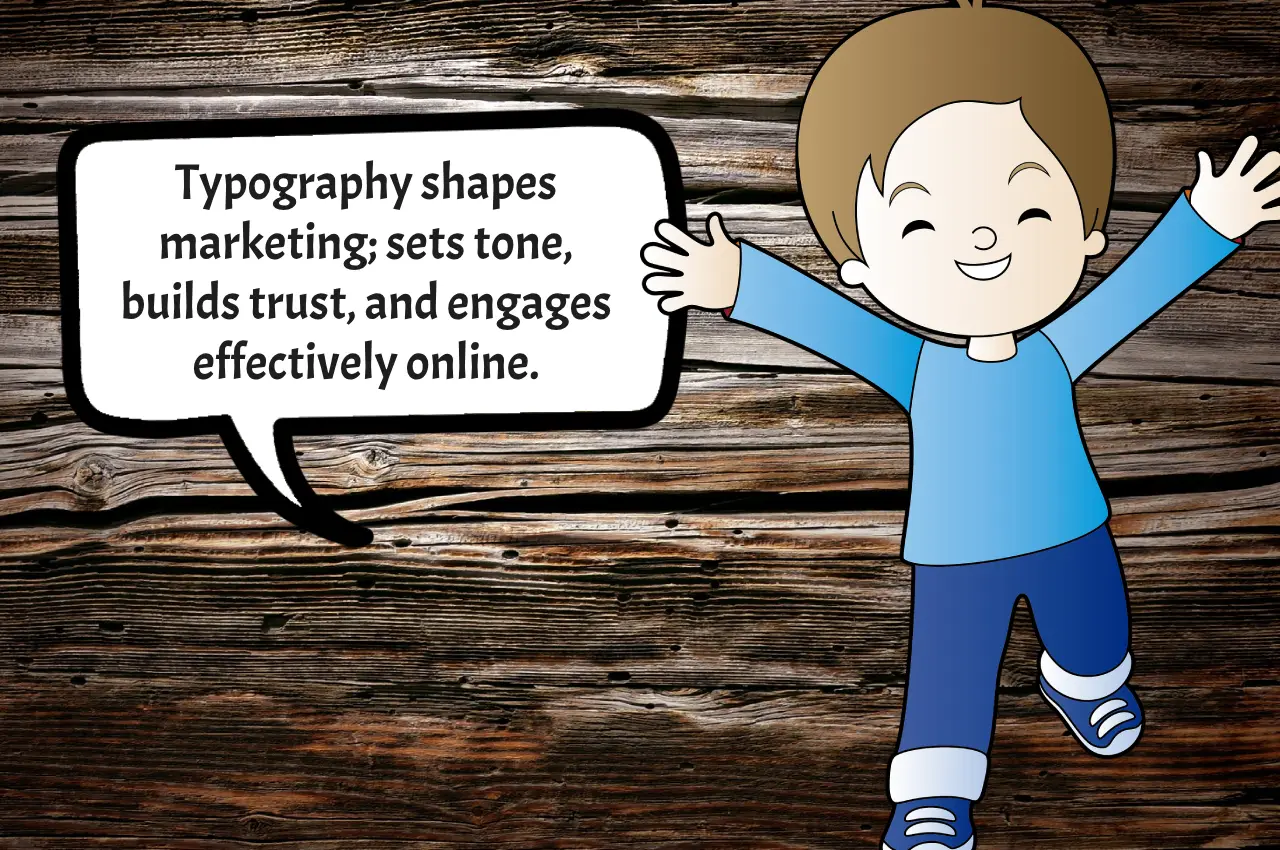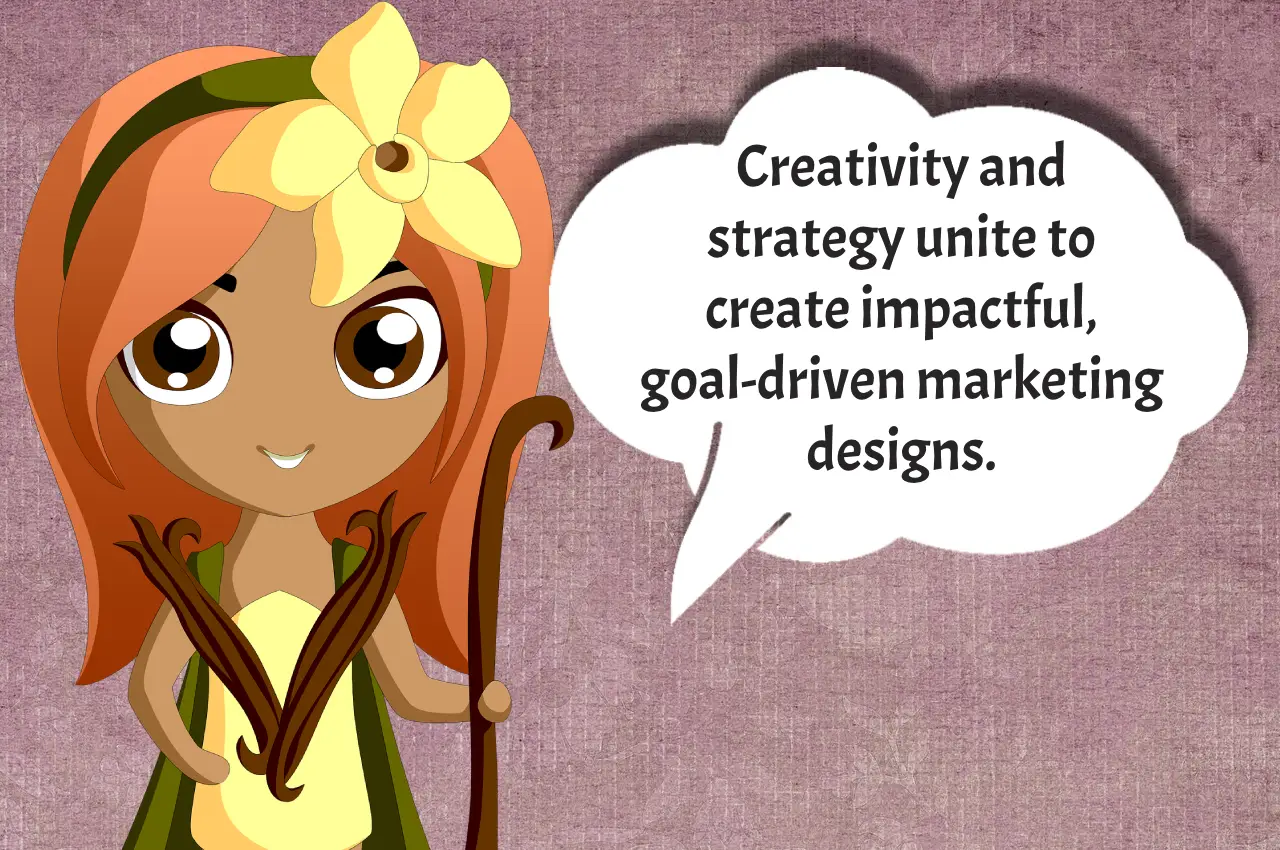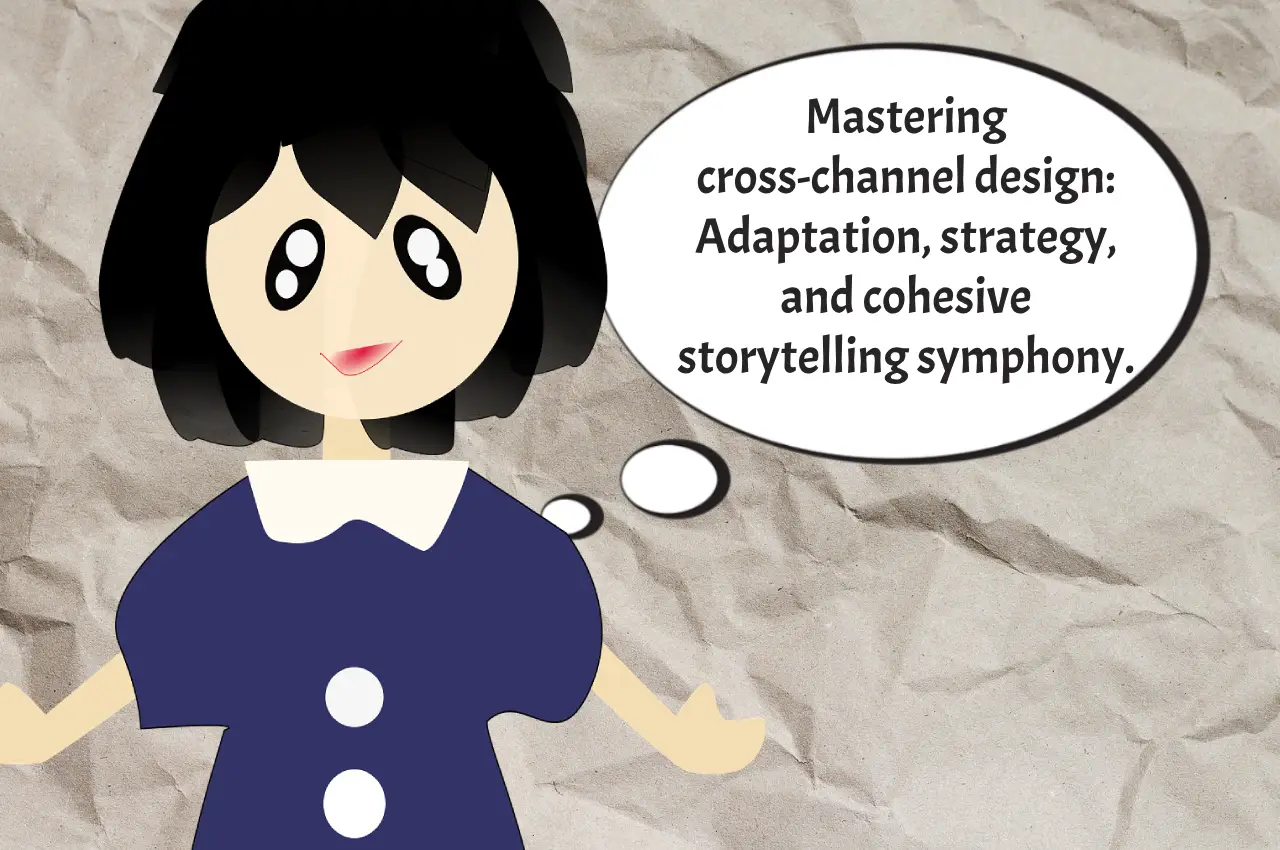In the dynamic landscape of marketing, where attention spans are fleeting and choices abundant, the ability to connect with your audience emotionally is not just a desirable trait; it’s a strategic imperative. Designing for emotional engagement is not a mere trend; it’s a marketing must that can make or break a brand’s relationship with its customers.
The Science of Emotion in Marketing
In the world of marketing, emotions act as a powerful catalyst. From joy to nostalgia, every emotion triggers a unique response in consumers. Psychologists and marketers alike acknowledge that emotions heavily influence decision-making processes. Consider this: when was the last time you made a purchase solely based on logic? Chances are, emotions played a pivotal role.
Understanding Your Audience: The First Step
Effective emotional engagement begins with a deep understanding of your audience. Knowing their fears, desires, and aspirations allows you to tailor your marketing strategy in a way that resonates on a personal level. Take the example of Dove’s “Real Beauty” campaign, which embraced authenticity and challenged conventional beauty standards. By doing so, Dove not only sold products but also won the hearts of its consumers.
The Power of Storytelling: An Irresistible Connection
Humans are natural storytellers and listeners. Narratives tap into the emotional core of our being, creating a bond that goes beyond the transactional. Brands like Nike have elevated storytelling to an art form, creating campaigns that transcend mere product promotion. The story of perseverance, triumph, and overcoming odds in their campaigns becomes a shared experience between the brand and the consumer.
Color Psychology: Beyond Aesthetics
Colors evoke emotions. The psychological impact of colors is a well-established field of study in marketing. For instance, red signifies passion and energy, while blue conveys trust and reliability. Consider Coca-Cola’s use of red, creating a visual identity that not only reflects the product but also stirs emotions associated with happiness and celebration.
The Human Touch: Personalization Matters
In an era dominated by digital communication, the human touch remains irreplaceable. Personalization is more than just addressing customers by their first name in an email. It’s about understanding their preferences and tailoring your offerings accordingly. Amazon’s recommendation system is a classic example, where algorithms predict what customers might like based on their browsing and purchasing history.
Creating an Immersive Experience: Apple’s Legacy
Apple has consistently excelled in designing products and experiences that appeal to the emotions. The unveiling of a new Apple product is not just a technical presentation; it’s a spectacle. The sleek design, the carefully chosen words, and the anticipation all contribute to an emotional connection that goes beyond the functional aspects of the device.
Building Trust: The Foundation of Emotional Engagement
Trust is the cornerstone of any lasting relationship, and the same holds true for the relationship between a brand and its consumers. Transparency, authenticity, and consistency are vital in building this trust. Patagonia, the outdoor clothing company, stands as a paragon of trust with its commitment to environmental sustainability and ethical practices.
Measuring Emotional Engagement: Metrics Beyond Clicks
Traditional marketing metrics often fall short in gauging emotional engagement. While click-through rates and conversion numbers are essential, they don’t tell the whole story. Social media sentiment analysis, customer surveys, and qualitative feedback provide a more nuanced understanding of how your audience feels about your brand.
The Bottom Line: ROI of Emotional Engagement
Contrary to the misconception that emotional engagement is a soft concept with no concrete returns, numerous studies have shown a direct correlation between emotional connection and financial success. Harvard Business Review reported that emotionally connected customers are more than twice as valuable as highly satisfied customers in terms of spending.
Closing Thoughts: A Call to Emotional Action
In a world inundated with marketing messages, standing out requires more than just a great product. It demands an emotional connection. Whether you’re a startup or an established brand, the power of emotional engagement cannot be overstated. It’s not about selling; it’s about building relationships that endure.
Have you experienced a brand that deeply resonated with you? How did it make you feel, and did it influence your buying decisions? Share your emotional journey in the comments below and let’s continue the conversation on the profound impact of emotional engagement in marketing.





